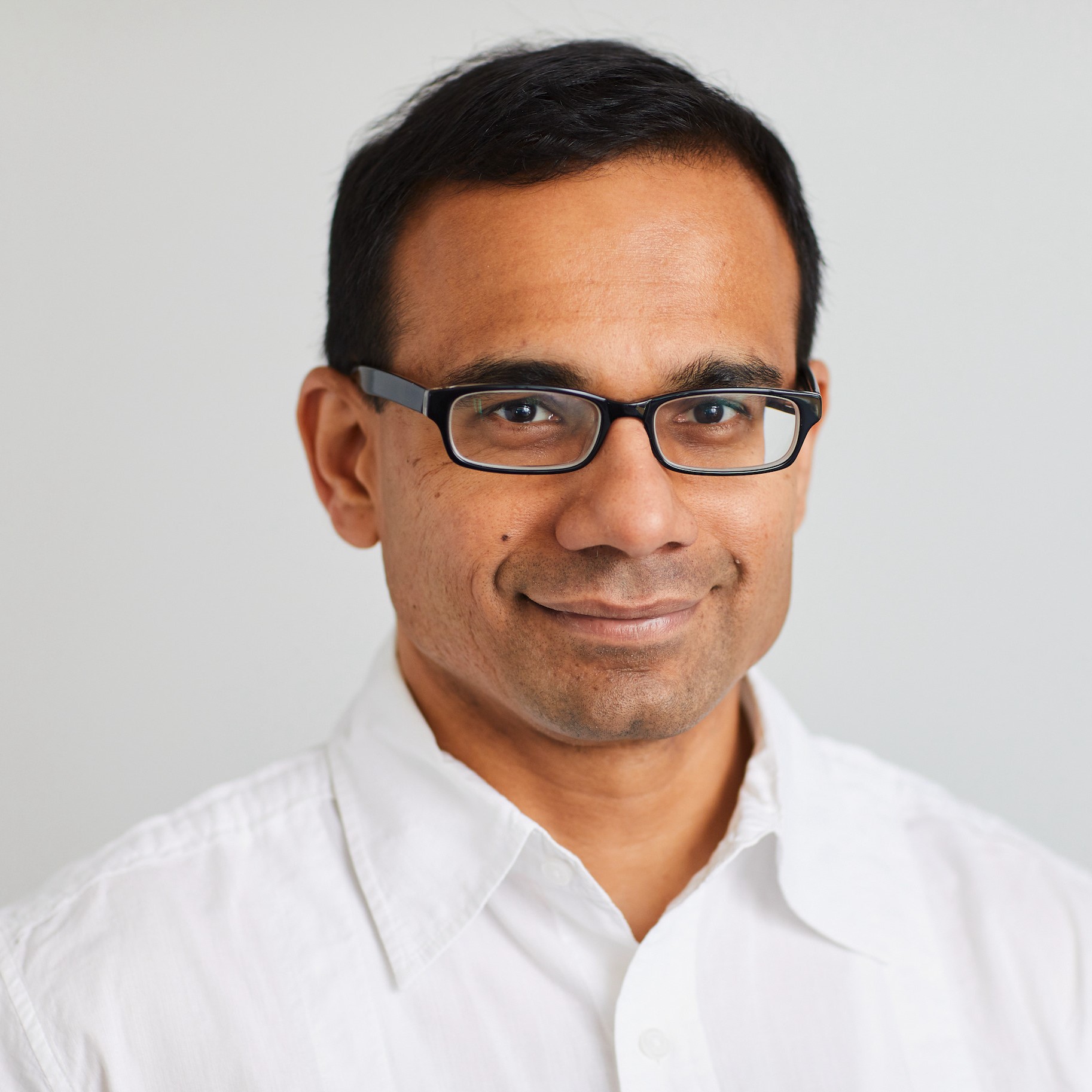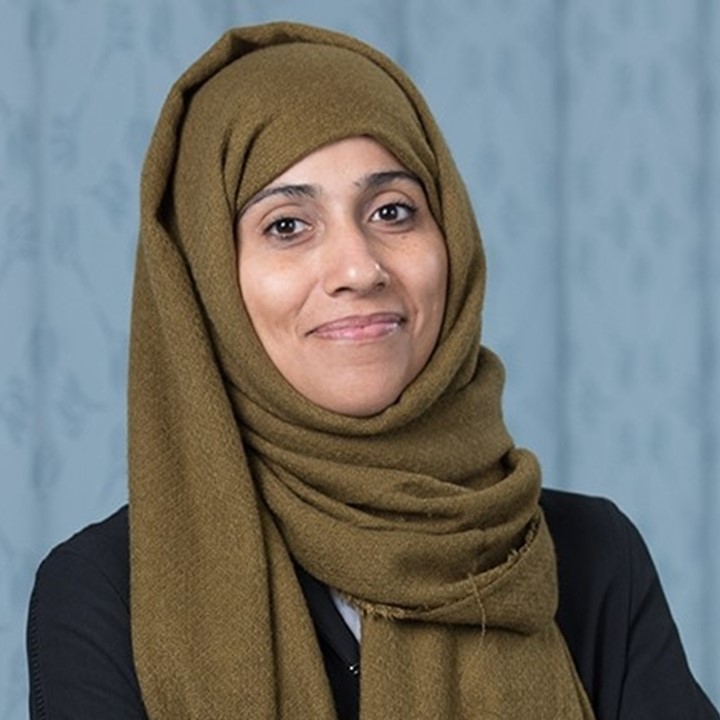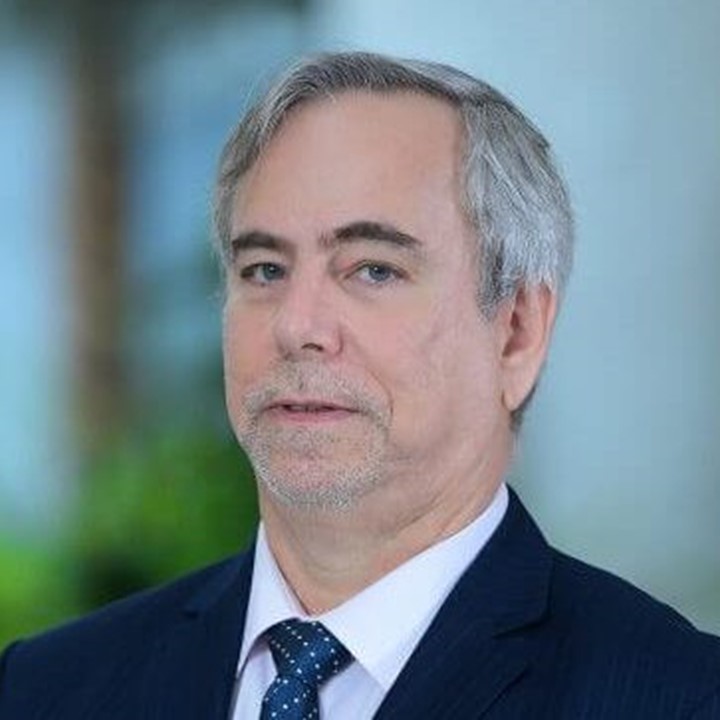
Stephan Nilsson
Founder, CEO, Enterprise Blockchain Implementer & Evangelist

Roberto Di Pietro
King Abdullah University of Science and Technology (KAUST)

Salil Kanhere
University of New South Wales Sydney

Abdallah Shami
Professor and Associate Dean Research at Western University

Srdjan Krčo
Co-founder and CEO of DunavNET

Satya N Gupta
Chairman- Blockchain For Productivity Forum

Hoda Al Khzaimi
Director of Center of Cyber Security, NYU Abu Dhabi

Jorge Zubelli
Professor, Department Chair, Khalifa University, UAE
